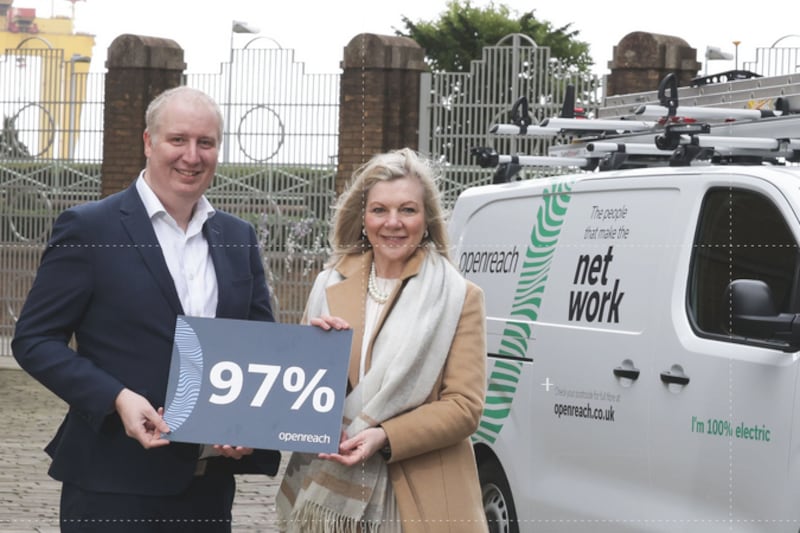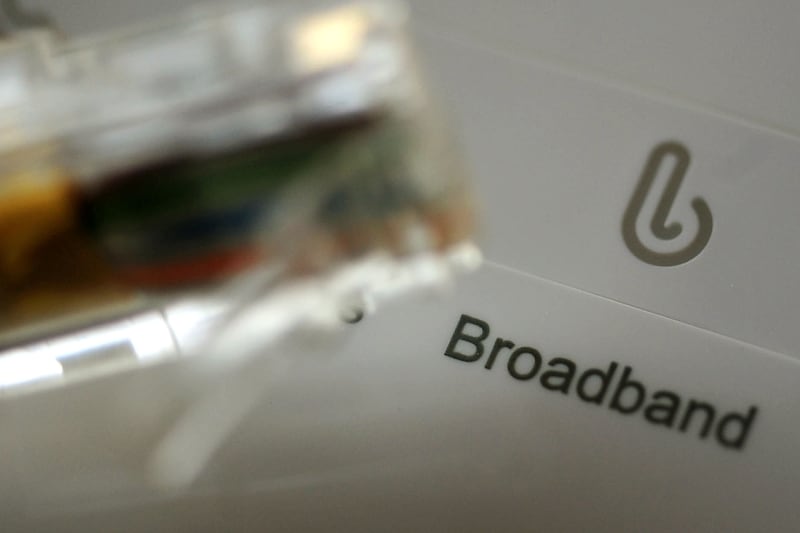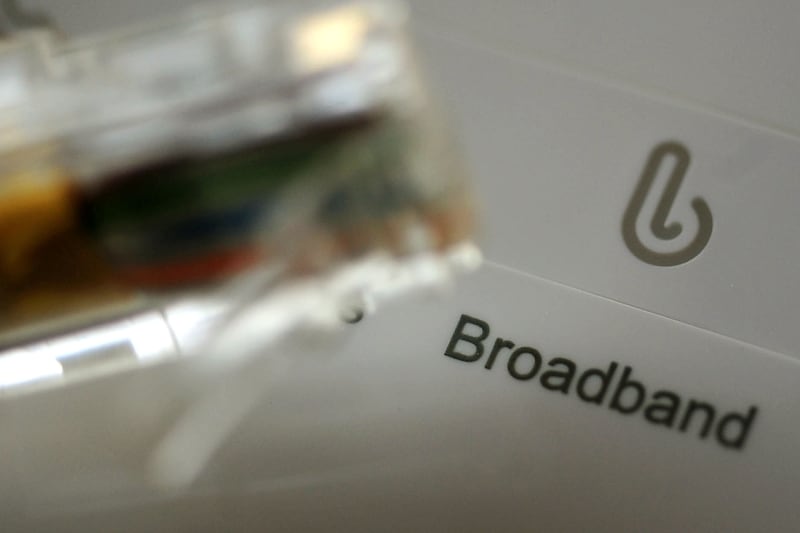FASTER broadband has driven a £9 billion increase in turnover for UK businesses, according to new figures, but the north continues to have the lowest coverage rate.
The UK Government's Department for Culture, Media and Sport (DCMS) has confirmed that the rollout of superfast broadband has now reached almost 5 million homes and businesses.
Digital Minister Margot James said an independent assessment of the rollout showed the benefit to local businesses.
She said: "Our rollout of superfast broadband across the UK has been the most challenging infrastructure project in a generation, but is one of our greatest successes.
"We are reaching thousands more homes and businesses every week, that can now reap the clear and tangible benefits that superfast broadband provides.
"We are helping to ensure the downfall of the digital divide."
Ms James said the target was to ensure everyone in the UK has access to fast and affordable broadband by 2020 and there should be nationwide gigabit connectivity by 2033.
Currently, the highest coverage rate is in north east England (97.19 per cent), followed by south east England (97.07 per cent) and the west midlands (96.56 per cent).
The lowest coverage level is in Northern Ireland (87.74 per cent), with the rate over 5 per cent less than the south west of England (93.34 per cent) and Scotland (93.53 per cent).
Openreach chief executive Clive Selley said the superfast broadband rollout was one of the country's great engineering achievements.
"It is great to see businesses across the UK reaping the benefits of faster broadband speeds," he said.
"We've also recently introduced a raft of lower wholesale prices to help drive higher take-up of faster fibre services which will help to further fuel the boost to the UK economy."
The Evaluation of the Economic Impact and Public Value of the Superfast Broadband Programme report said for every £1 invested in superfast broadband, business had seen a £12.28 benefit.
The report, covering the period 2012-2016, also claimed the rollout had lead to a reduction of almost 9,000 jobseekers allowance claims and the creation of 49,000 local jobs.
Earlier this month it was reported that £150m secured to target rural broadband in the north, agreed as part of the DUP’s “confidence and supply” deal with the Conservatives faces a "significant" challenge.
A study, published by the Northern Ireland Broadband Industry Forum, said the roll out could take three years to complete and that properties with a connection of less than 30Mbps will be targeted. This means that potentially 100,000 premises will have their broadband upgraded.
The report has said that the work, when completed, could generate up to £1.2bn for the Northern Ireland economy.








